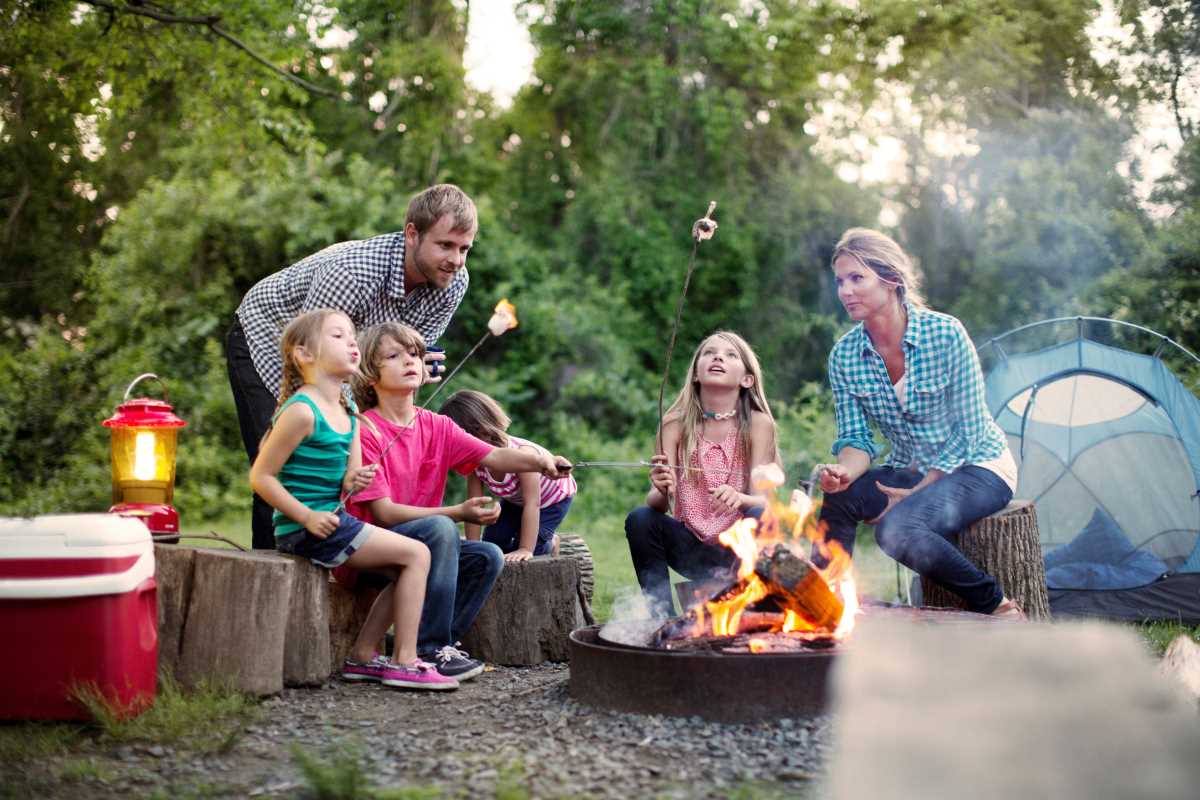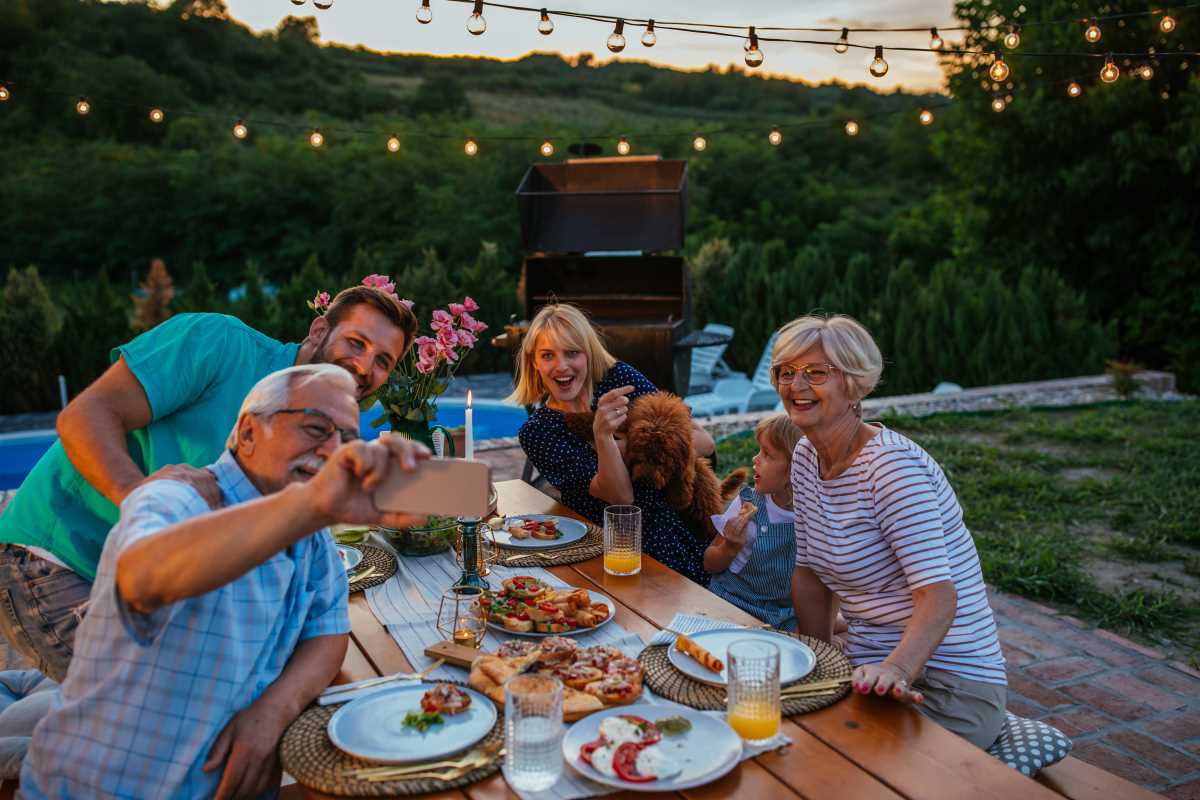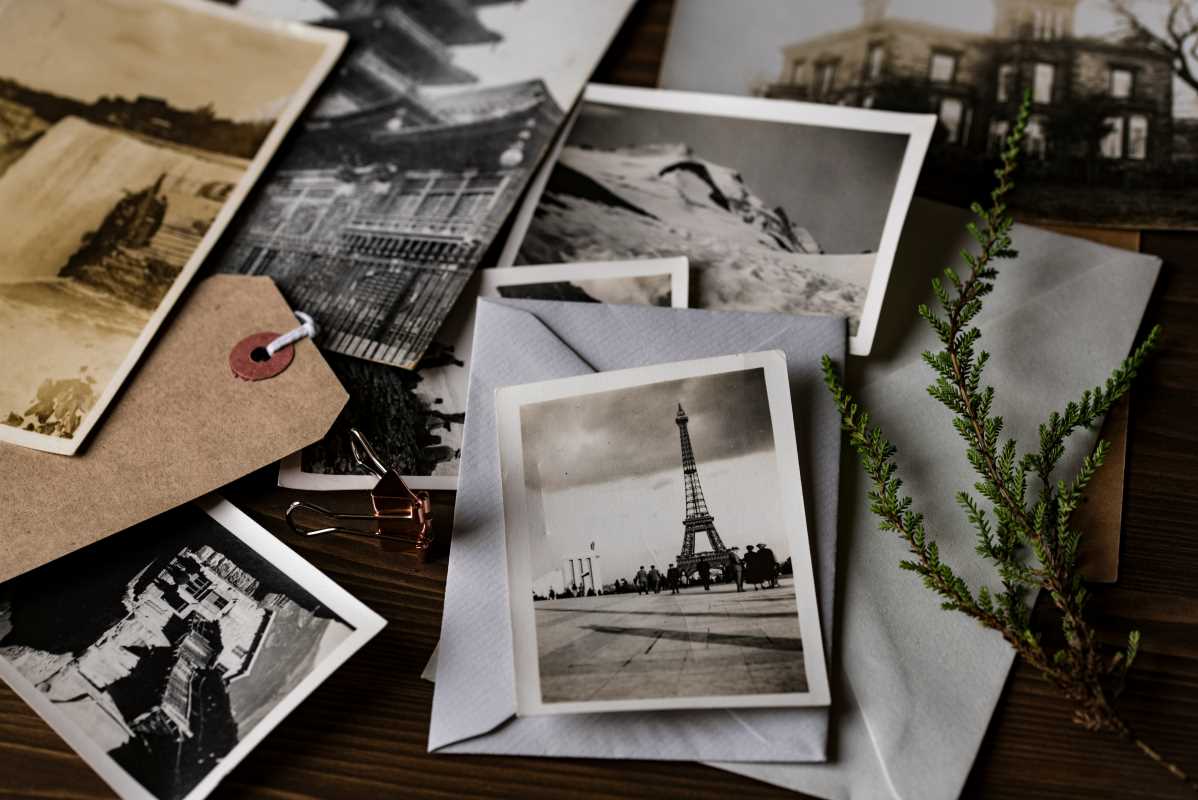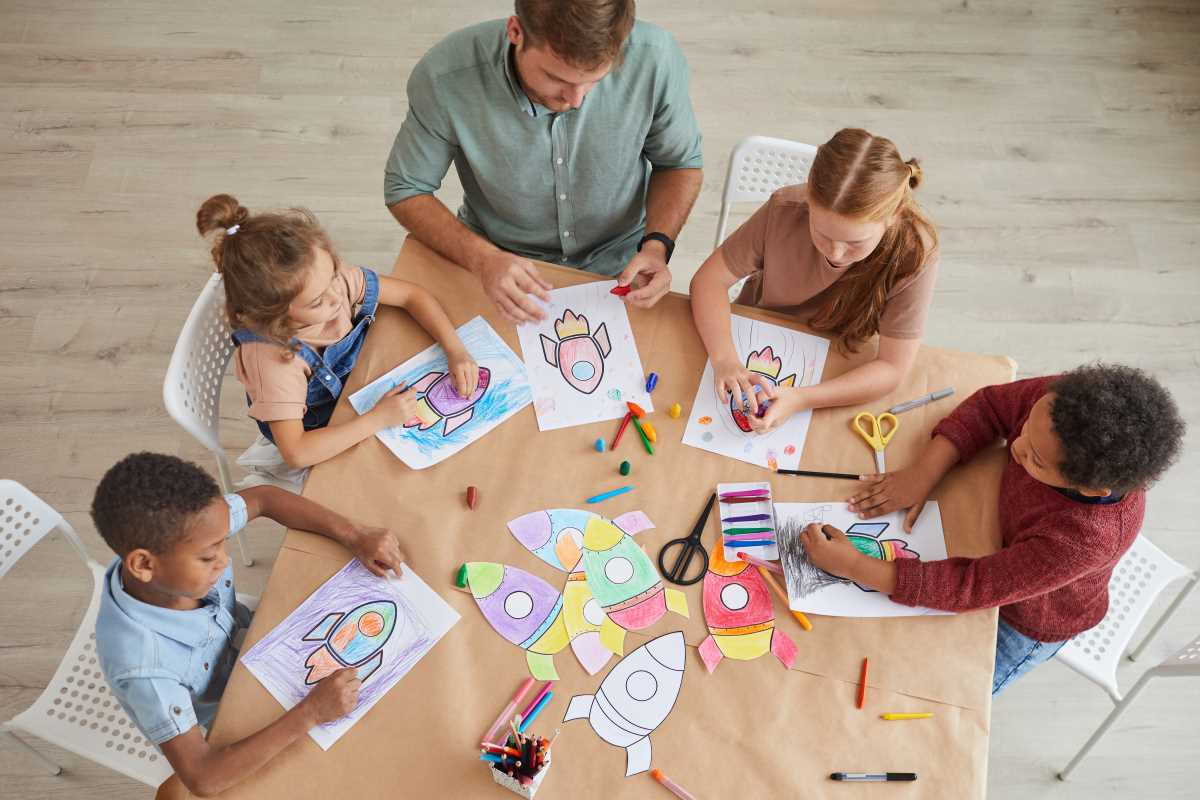Have you ever noticed how kids light up when they experience something new? Whether it’s tasting a dish they’ve never tried, hearing unfamiliar languages, or simply stepping into a place that feels different from home, travel has a way of unlocking their imaginations. For us parents, life can often feel like a never-ending routine of school drop-offs, work deadlines, and errands. But when you pack up the family and set out on a trip, something magical happens: your kids see the world in a totally new way, soaking up lessons they’d never find in a classroom.
Travel is one of the best gifts you can give your children. It helps them grow in ways that go beyond what we might expect. Sure, it’s fun and exciting, but it also teaches them about different ways of life, helps them see the world through others’ eyes, and sparks curiosity they’ll carry for a lifetime. Whether you’re jet-setting across the globe or exploring a new town nearby, every trip holds the potential to expand their horizons.
If you’re wondering how travel can shape your child’s development, or how to make your next trip both fun and educational, keep reading. From building empathy to fostering creativity, we’ll explore the many ways travel can transform the way kids view the world.
Exposure to New Cultures
One of the most obvious ways travel broadens children’s horizons is by introducing them to new cultures. The world is full of diverse traditions, foods, languages, and ways of life, and every new experience teaches children that there isn’t just one “right” way to live.
For example, visiting another country might mean trying foods that look and taste nothing like what they’re used to at home. A simple activity like tasting gelato in Italy or eating mango with sticky rice in Thailand teaches kids to appreciate flavors from around the world. It’s more than a meal; it’s a lesson in stepping outside their comfort zone.
Languages also play a big role. Hearing Spanish spoken on a trip to Mexico or learning a few French phrases while in Quebec helps kids realize how big and varied the world truly is. Even if they can’t fully understand the words, just hearing them can spark a curiosity about other people and places.
History and traditions are another big piece of the puzzle. Exploring ancient ruins, attending a local festival, or even hearing stories about a region’s past gives kids a sense of connection to something bigger than themselves. These experiences teach kids to value and respect cultures that are different from their own.
Tip for Parents: Before traveling, read books or watch videos with your kids about your destination. This builds excitement and helps them connect what they see on the trip to what they’ve learned beforehand.
Building Empathy
When kids travel, they see and experience how other people live. This exposure fosters empathy, helping them understand that not everyone has the same lifestyle, opportunities, or challenges.
For instance, visiting a rural community where kids play outside with handmade toys can be an eye-opening experience for children who are used to modern conveniences. They might realize that happiness doesn’t come from having the latest gadgets but from appreciating the simple joys in life.
Travel can also break down stereotypes and encourage open-mindedness. Meeting people from different backgrounds allows kids to see beyond what they might hear or assume about a particular culture or group of people. It’s harder to hold onto biases when you’ve personally met someone and seen their humanity firsthand.
Encouraging your kids to ask questions and interact with locals is key. Even small conversations at a market stall or during a guided tour can help them see the world from someone else’s perspective. These interactions help them develop emotional intelligence, which is a skill they’ll carry into adulthood.
Tip for Parents: Lead by example! Show kindness and curiosity when interacting with locals, and your kids will follow suit.
Fostering Creativity and Curiosity
Travel is like a treasure chest for kids’ imaginations. New landscapes, vibrant cityscapes, and even unfamiliar wildlife can inspire endless curiosity and creativity. Kids naturally ask questions, and traveling gives them even more to wonder about.
Imagine taking your child to the Grand Canyon for the first time. The sheer size and beauty of it will leave them in awe and might lead to questions like, “How was this made?” or “What animals live here?” Instead of just reading about it in a book, they get to experience it firsthand, learn the answers, and even come up with their own interpretations.
Art and creativity flourish during travel as well. A trip to a museum can inspire your child to pick up a sketchpad and draw. Watching street performers might spark an interest in music, dance, or magic tricks. Even simple activities, like collecting seashells at the beach, connect kids with new textures, patterns, and colors they might not encounter in their day-to-day life.
Tip for Parents: Encourage your kids to keep a travel journal where they can document their experiences, draw pictures, and jot down questions or thoughts about what they’ve seen.
Practical Life Skills
Travel isn’t just about seeing new sights; it’s also a crash course in valuable life skills. From learning how to pack a suitcase to navigating an airport, even the process of getting to your destination teaches children how to be resourceful and independent.
While on the trip, kids have opportunities to practice social skills. Ordering their own food at a restaurant, asking for directions, or figuring out public transportation are all great ways to boost their confidence. These experiences teach them how to communicate effectively and problem-solve in real-life situations.
Travel can also teach kids patience and adaptability. Sometimes flights get delayed, or plans change unexpectedly. Learning to go with the flow and adjust to new circumstances builds resilience that they’ll carry into the future.
Tip for Parents: Make your kids part of the planning process. Give them small responsibilities, like choosing an activity from a list of options or packing their own backpack for the trip.
How to Make Travel Educational and Fun
Combining learning with fun is key to making travel experiences truly impactful. Luckily, you don’t need to turn every trip into a classroom for your kids to absorb valuable lessons.
Here are a few ideas to make travel both educational and enjoyable for your family:
- Turn museums into an adventure: Many kid-friendly museums offer interactive exhibits and scavenger hunts to keep little ones engaged.
- Get outside: Nature has endless lessons to teach. Whether it’s learning about marine life at the beach or ecosystems in the forest, being outdoors is both fun and educational.
- Try cultural activities: Introduce your kids to local crafts, cooking classes, or dances during your trip. These hands-on experiences are both entertaining and enriching.
- Ask questions together: Encourage curiosity by wondering aloud with your kids. For example, “Why do you think those buildings are shaped like that?” or “What do you think it would be like to grow up here?”
- Slow down: Don’t cram your itinerary with too many activities. Give your kids time to take in their surroundings and reflect on what they’re experiencing.







